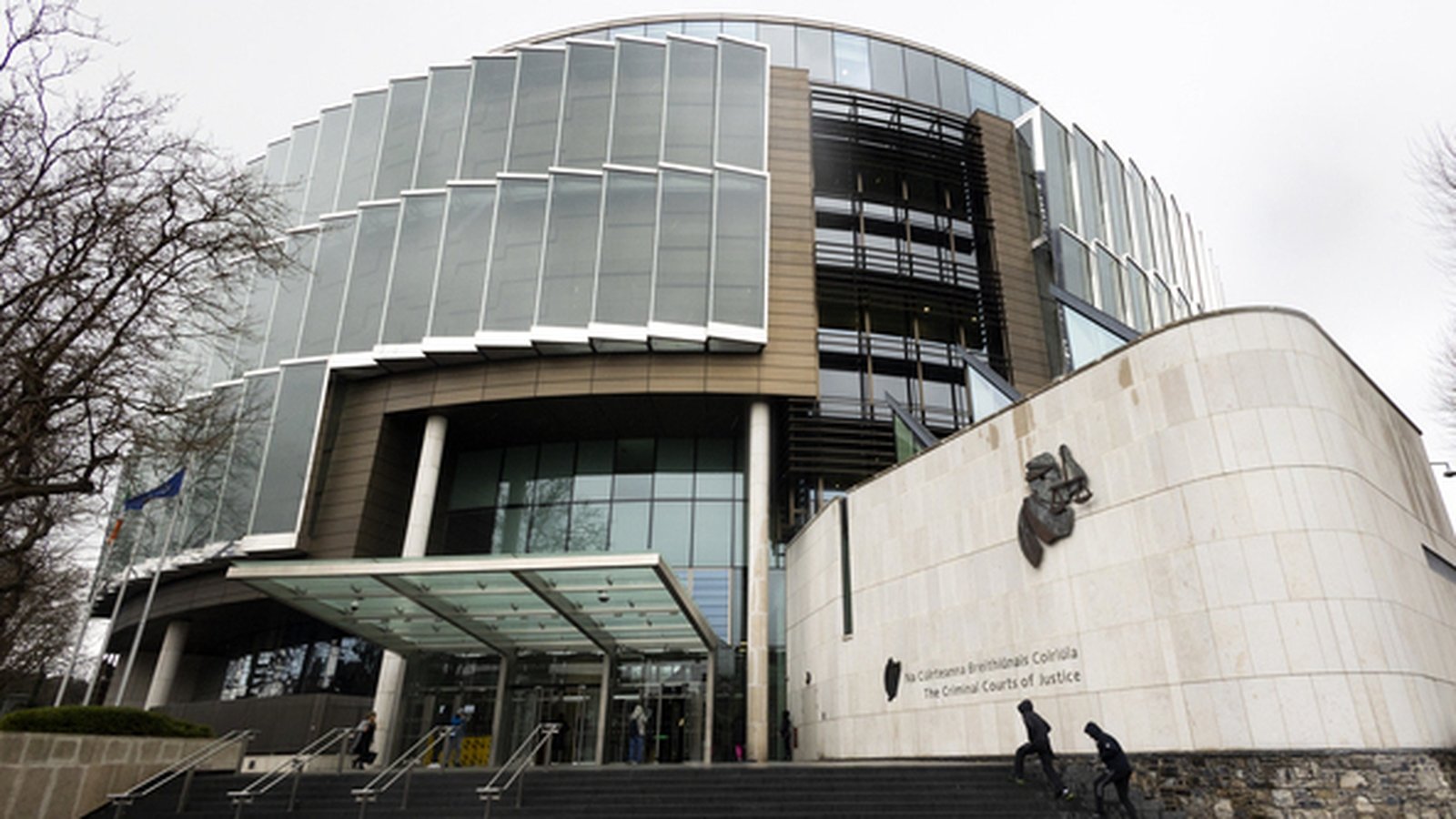AI misinformation an urgent global threat, experts warn

The spread of AI-driven misinformation has become the greatest and most urgent threat to the world economy, global business leaders warn in a new study.
But climate change leading to extreme weather events remains the biggest concern over the long term, according to the World Economic Forum’s (WEF) annual survey.
The poll of more than 1,400 global risk experts, policymakers and industry leaders revealed major concerns that false information will be used to further widen societal and political divides.
Respondents fear that conflicts raging in the Middle East and Ukraine will be escalated by bad actors exploiting new technologies.
The misuse of Artificial intelligence (AI) is expected to continue to fuel the spread of false news, along with the continued increase in “deepfake” videos on social media.
The biggest worldwide risk over the next two years will be posed by misinformation, which is inaccurate news, along with disinformation, which is false news deliberately intended to deceive people.
It overtakes the cost-of-living crisis as the most urgent threat, according to the analysis which was carried out by the WEF in cooperation with with multinational insurers Marsh McLennan and the Zurich Insurance Group.
Billions facing elections

Close to three billion people are expected to face elections in several countries including Ireland, Bangladesh, India, Mexico, the UK and the US over the next two years, the WEF said.
The report comes as business leaders are set to convene in Davos later this month for the WEF annual meeting, which this year is themed “rebuilding trust”.
Climate change remains a major concern for business leaders, with extreme weather events viewed as the most severe risk over the next decade.
The cost-of-living crisis remains a concern, with the economic risks of inflation and the risk of an economic downturn included in the top ten threats.
Saadia Zahidi, managing director of the WEF, said: “An unstable global order characterised by polarising narratives and insecurity, the worsening impacts of extreme weather and economic uncertainty are causing accelerating risks – including misinformation and disinformation – to propagate.
“World leaders must come together to address short-term crises as well as lay the groundwork for a more resilient, sustainable, inclusive future.”





